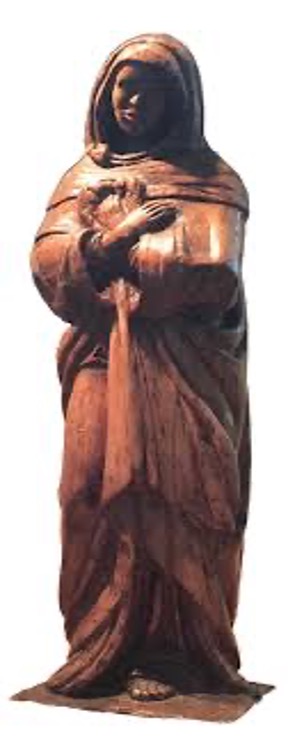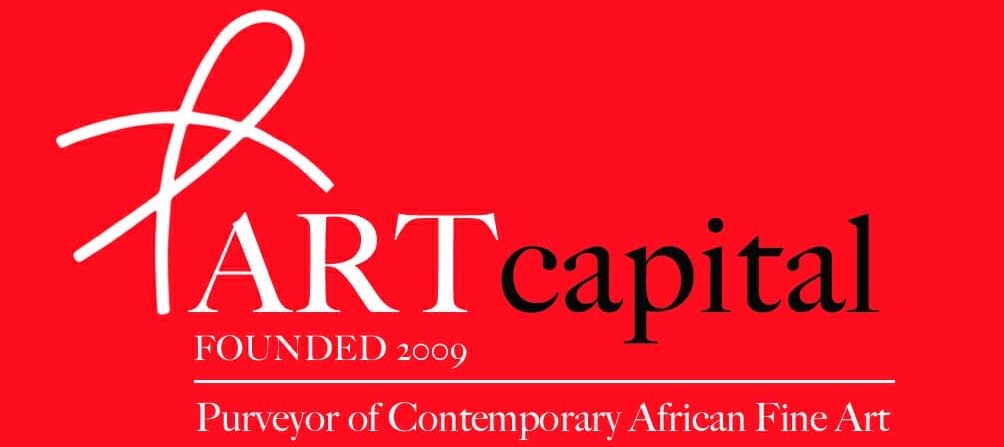ON “CONCEPTUAL DECOLONIZATION”
“To remove the colonial encrustation is to bring oneself to a vantage point for viewing the African thought materials in their true light, as we have already noted.
Again, this need not necessarily reveal the given bit of thought as a beam of light.
It may reveal, on the contrary, the necessity for emendation, reconstruction or, to adapt a contemporary cliché, dé-construction.
It does not matter which way it goes.
What matters is that the exercise would be apt to inculcate or reinforce the habit of conceptual self-examination.”

THE BANTU MADONNA: Ernest Mancoba 1929. Courtesy of Johannesburg Art Gallery.
****[This sculpture was the focus of a recent collaboration that saw artist and art historian Thembinkosi Goniwe bring jazz bassist Herbie Tsoaeli, vocalist Sylvia Mdunyelwa and contemporary dancer Amy-Kay Klaasen together improvising a performance around a seminal piece of modern African art.
The question is what constitutes a contemporary articulation of Mancoba’s comment about ‘tradition being like a baggage’ as well as Cabral’s phrase, ‘a return to the source’.
The figure is barefooted with African features; her hand making the gesture made by Bantu girls on nearing the head of the family.
The challenge is to think outside the box presented by the sculpture’s title and its obvious referenced composition but instead to enter the realm of aesthetics unencumbered and unfettered by predetermined narratives.
Mancoba chose to sculpt the piece in native yellowwood instead of oak or teak, and he himself claimed that he hoped the viewer “if I am lucky enough to have been understood and heard, can feel under the surface of the classical mould an African heartbeat”]******

“Since the conceptions under reference here would be the kinds that go to constitute the foundations of a worldview, the self-examination involved is exactly the kind of intellectual activity that is the mainstay of philosophical thinking.
Conceptual decolonization, then, becomes an aid to the probing of perennial issues that must continue after the eventual obsolescence of the anti-colonial motivation.
……….I would like to give here a partial list of the kinds of concepts I have in mind : The list goes as follows.
Reality, being, Existence, Object, Entity, Substance, Property, Quality; Truth, Fact, Opinion, Belief, Knowledge, Faith, Doubt, Certainty; Statement, Proposition, Sentence, Idea ; Mind, Soul, Spirit, Thought, Sensation, Matter, Ego, Self, Person, Individuality, Community; Subjectivity, Objectivity ; Cause, Chance ; Reason, Explanation, Meaning ; Freedom, Responsibility, Punishment, Democracy, Justice ; God, World, Universe, Nature, Supernature ; Space, Time, Nothingness, Creation ; Life, Death, Afterlife, Morality, Religion.”
KWASI WIREDU.

Brilliant
An excellent piece.
The concepts that Prof. Wiredu lists here remind me of what Prof. Gyekye wrestled with in his Akan Conceptual Framework.
The challenge that African philosophers have been contending with is how these thoughts are conceptualised in African languages, precisely the sort of things that have engaged my attention so far as Ga philosophical thought is concerned.
There is already a lot in there to dig in Engmann’s Proverbs.